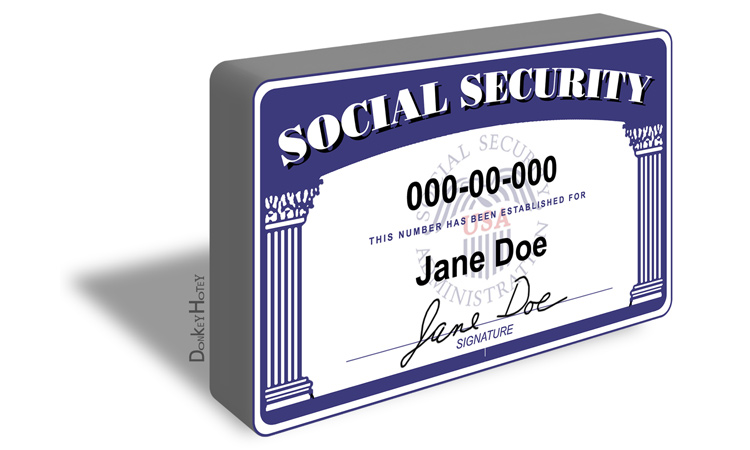When You Should and Should Not Share Your Social Security Number

By now, we’ve all heard the warning not to share your Social Security number (SSN) unless it is absolutely necessary. This is to protect you from becoming a victim of identity theft. The problem is many people do not understand when it is safe to provide your SSN. CNET spoke to a bunch of privacy and security experts and found that there are three reasons you might need to provide your SSN:
- When you are applying for a loan or line of credit. Keep in mind, this doesn’t mean just banks. Cell-service providers will also need your SSN because a phone contract is similar to a line of credit.
- For anything related to tax reporting. Obviously if you have a job, your employer will need your SSN to report wages to the IRS, but you may also need to share your SSN with an investment advisor or engaging in a cash transaction of $10,000 or more, like when buying a car or house.
- When required by government agencies that provide benefits, such as Medicaid.
In all other cases, the experts say be cautious. You should never give your SSN in an email or over the phone — that’s most likely a phishing or attempt to scam you.
The Seniors Trust is committed to helping protect Social Security and that includes providing important information to seniors on how to prevent Social Security scams. We also want Congress to pass The Social Security Expansion Act. It will give retirees an immediate benefits increase of about $200 a month, establish a fair annual COLA, increase minimum benefits, and ensure the long-term solvency of the Social Security program.



